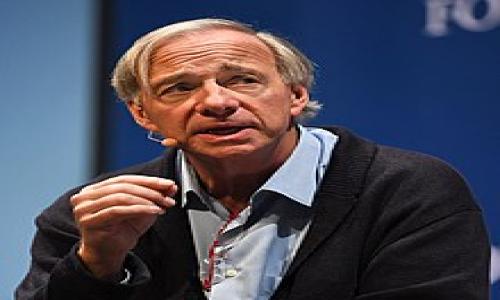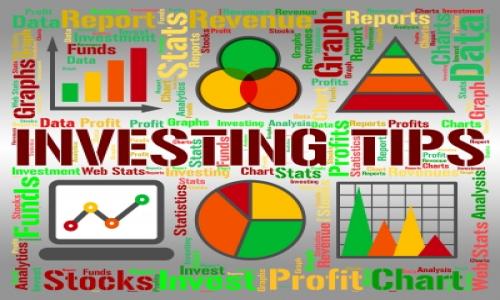The major brokerages such as Merrill Lynch, Morgan Stanley Smith Barney and Goldman Sachs are currently promoting structured products issued by their parent banks and others that offer fixed returns at multiples of those available in any secure FDIC-insured instrument. These instruments can vary greatly, but usually present an investor with a fixed or a floating rate (often a fixed rate for the first year, followed by a floating rate). Payment on the notes is ordinarily contingent on one or more indicators remaining within a defined range (such as the S&P staying above 900). If the range holds, these instruments will return yields greater than virtually any other equivalent bonds or fixed return investments – including municipal bonds (even for those in the highest tax brackets when accounting for their positive tax attributes).
The higher yield is not without commensurate risk. One obvious risk is that underlying terms of the structured note will move out of its defined range for the product to pay its highest interest rate, or even to a level at which interest is completely “knocked out”. These risks are transparent to anyone reading the summary prospectus. If you believe that the chances, for example, that S&P will fall below 900 again or that LIBOR will go above 6.50%, you may be able to easily get comfortable with the structured note that you are looking at.
Another obvious risk is that we will go into a hyper-inflationary environment at some point during the term of the bond and before it is called. Bonds, or any sort of fixed rate investments, are not suitable for someone who believes that a substained 15%-per-year 1980-like inflationary environment is around the corner. But, many of these notes would be particularly unsuitable as interest is prone to being “knocked out” all together if CPI, LIBOR or Constant Maturity Swap (CMS) levels are likely to go above the threshold levels that might be set for these notes to pay interest at all.
Still other risks of these notes, including liquidity risk, are detailed in this section on BestCashCow.com.
The most interesting structured note that I have seen is a 15-year note issued by Citibank that is callable after 1 year and guaranteed to pay 8% for the first year. In years 2 through 15, it pays 4 times the spread between the 2 year and the 30 year CMS. It cannot pay less than 0 and cannot pay more than 10%. Given that the spread is 3% at the moment and is likely to remain the same or widen as the economy recovers, this structured note is likely either (a) to produce 8% return over the next year and then be called immediately, or (b) to pay close to 10% a year for an extended period of time (albeit in an largely illiquid investment).
Hence, we arrive at the biggest risk - the underlying credit. Do you feel comfortable owning a potentially long-term, potentially illiquid note with no insurance (FDIC or otherwise) and only recourse to Citibank, given the systemic meltdown that we experienced merely two years ago?
No doubt, each person’s answer to this question will differ slightly. However, many people are getting tired of earning nothing on cash and rushing into these structured investments. Due to the underlying risks involved, many investment banks curb the ability of their customers to buy these notes. Morgan Stanley Smith Barney, for example, now limits its brokerage customers from putting more than 20% of their stated net worth in bank-issued structured notes.
Bottom line: Structured notes can offer an investor much higher returns than FDIC products but they come with additional risks. If you understand and are comfortable with these risks, you may want to explore making them a small part of your portfolio.




Comments
Jim Hochman
March 08, 2011
This is the first time I've heard of these. Why have they been kept such a secret? They sound very interesting.
Is this review helpful? Yes:0 / No: 1
Jane Schiff
March 09, 2011
Is there one place to see these offerings or do you have to go broker by broker. And, if broker by broker, how does one compare them, especially if they use different criteria? And, all this assumes you have mutliple brokers.
Is this review helpful? Yes:0 / No: 1
Uncle Frank
March 13, 2011
These products will provide a disappointing end to many people that can least afford a loss in their finances.
Is this review helpful? Yes:0 / No: 1
Uncle Jack
October 31, 2011
Uncle Frank does not know what he is talking about. I put 7% of my net worth into these structured bonds paying over 8% and tied into the S & P. I have never lost a DIME and always have gotten the top limits of the interest range. So perhaps Uncle Frank needs to do his research before speaking!
Is this review helpful? Yes:0 / No: 1
Linda Ellen Price
December 04, 2018
I was told by my bank, Regions,that the 8% is guaranteed and I can call it in I year, The banker in the trust dept. said it is FDIC insured. All my paperwork looks crazy and wordy. Regions and JP Morgan are partnering in it. I hope I haven't been conned by the trust department at Regions. If it does pay out at 8% I will triple my investment for another year. Many friends and business friends are watching to see what happens with me. Your article made me feel a little better about the possibility of a poor investment.
Is this review helpful? Yes:0 / No: 0
Add your Comment
use your Google account
or use your BestCashCow account